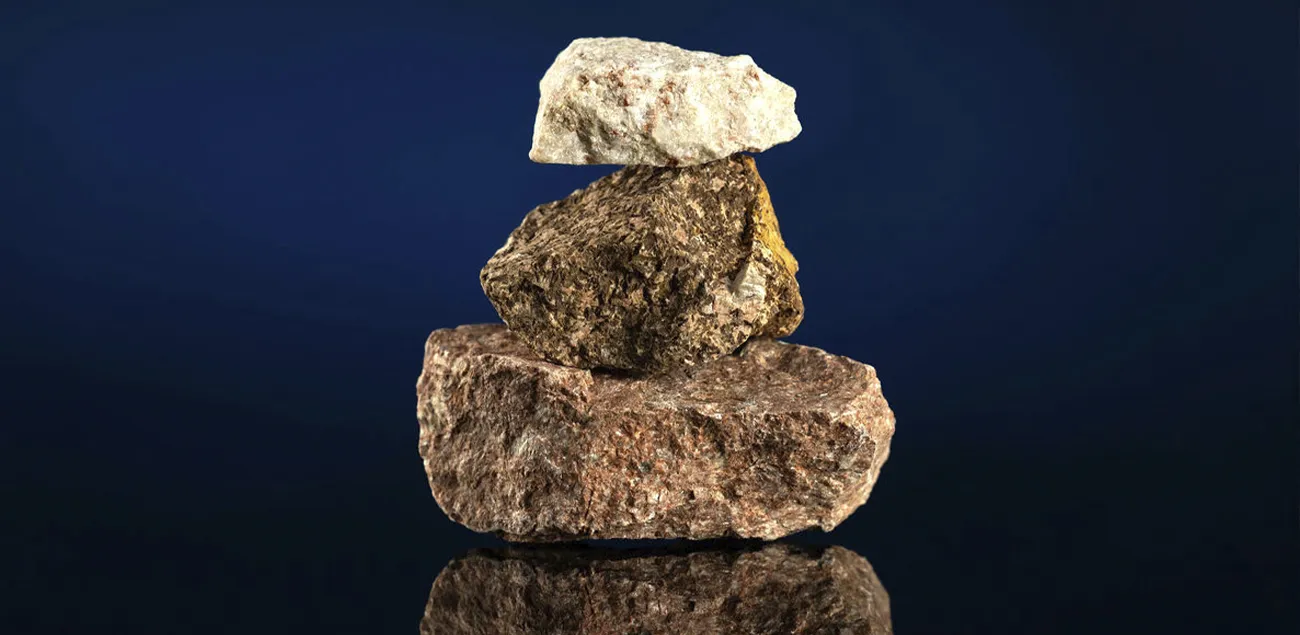
Australia, resources exporter, and MP Materials, U.S. rare-earth producer, have moved to formalise price support in critical minerals, with Canberra studying price floors for rare earths and other inputs after Washington guaranteed a $110 per-kg floor for key oxides in a July deal with MP Materials. Shares in Australian names rose Tuesday, including Lynas Rare Earths up 5.2% and Iluka Resources up 8.7%, as policymakers aim to stabilise supply for defence and clean-tech manufacturers.Policy design: voluntary offtake and a government buyer role
Resources Minister Madeleine King said “mechanisms for an appropriate price floor are under active consideration,” framing the measure as part of a broader push to provide “pricing certainty” in markets she described as volatile, opaque and vulnerable to manipulation. Australia plans to act as a buyer to underpin new capacity and has flagged voluntary national offtake agreements focused on minerals with clear defence and strategic-technology uses, including heavy rare earths such as terbium and dysprosium. Earlier this year, Canberra pledged A$1.2 billion (US$0.78 billion) to build a strategic critical-minerals reserve, positioning the state to backstop project revenues when spot prices slump.
Market impact and pricing
Australia’s discussion follows the U.S. Department of Defense’s 10-year offtake with MP Materials that set a $110/kg floor for neodymium-praseodymium (NdPr) oxide—roughly twice recent Chinese market levels—aimed at de-risking magnet supply for weapons systems, electric vehicles and electronics. Price guarantees shift revenue risk from miners and processors to governments, improving bankability for refineries and magnet plants but potentially lifting input costs for downstream manufacturers if spot prices remain weak. The immediate equity reaction in Sydney underscores how price floors could change project economics for Australian developers and processors stalled by low realized prices.
Production dynamics and processing bottlenecks
Low rare-earth prices have curbed investment in Western processing, leaving China dominant across refining and magnetmaking. Australia’s policy signals target that midstream gap: Lynas has begun producing heavy rare earths, while Iluka is advancing integrated refining, but both require multi-year capital outlays sensitive to price cycles. A government-anchored offtake and reserve would emulate U.S. measures by smoothing cash flows through downturns, encouraging commissioning of cracking, leaching and separation capacity that underpins magnet-grade oxides. The approach also dovetails with Australia’s push to diversify supply chains across the Indo-Pacific and reduce single-supplier exposure in defence procurement.
Industry context and applications
Rare earths—17 elements used in permanent magnets—are critical to high-performance motors, precision guidance and grid-scale renewables. Heavy rare earths carry tighter geological supply and higher unit values, magnifying price volatility. Price-floor frameworks would be voluntary, preserving market exposure in upcycles while capping downside. For investors, offtake-linked floors resemble revenue protection seen in some battery-metals supply agreements; for policymakers, they complement strategic stockpiles by underwriting domestic processing where private capital alone has fallen short.
Company Background and Market Context
Lynas Rare Earths, the largest producer outside China, mines at Mount Weld and processes in Malaysia and Australia; its move into heavy rare-earth output strengthens its product mix as Canberra explores price support. Iluka Resources, traditionally a mineral-sands miner, is building a rare-earths refinery integrated with its by-product feedstock, positioning for value capture beyond mining. In the U.S., MP Materials operates the Mountain Pass mine and is expanding into magnets under the Pentagon agreement that couples equity financing with long-term purchase commitments and a price floor. Australia’s A$1.2 billion (US$0.78 billion) reserve plan gives Canberra fiscal capacity to mirror elements of the U.S. model via domestic offtake and inventory management.
Rare earths are small in tonnage but pivotal to modern manufacturing. NdPr oxide prices have sagged over the past year amid soft demand and ample Chinese output; the U.S. $110/kg floor is above recent spot levels to ensure project viability. Demand growth from EVs, wind turbines and defence remains the core pull, but capital formation hinges on predictable pricing and policy clarity.



